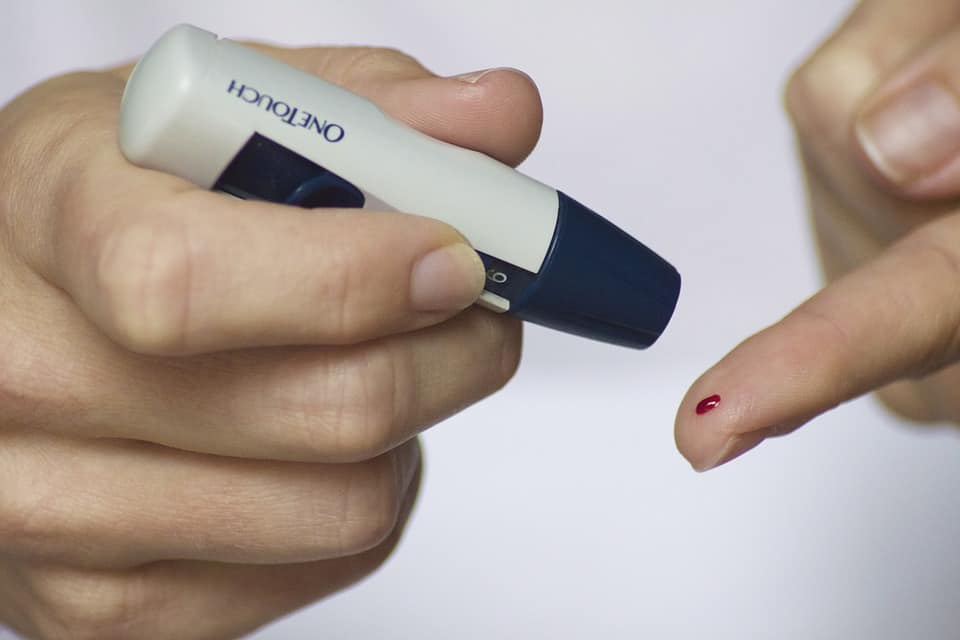
Researchers successfully minimise diabetes drug side-effects in animal models
pharmafile | July 17, 2018 | News story | Manufacturing and Production, Research and Development | FDA, diabetes, pharma, type 2 diabetes
Researchers at the University of Pennsylvania and Syracuse University have modified a key ingredient of current diabetes drugs to produce a compound which was effective in treating hyperglycaemia in animal trials but that did not induce the problematic side effects associated with many of the drugs currently available.
“Drug regimens often have long lists of side-effects which negatively impact treatment. In Type 2 diabetes, nausea and vomiting top that list. It’s the main reason people stop taking their diabetes medications.” said one of the study’s leaders Dr Bart De Jonghe of the University of Pennsylvania School of Nursing.
Currently all FDA approved drugs that mimic the hormone GLP-1 in order to control hyperglycaemia induce vomiting in 20-50% of patients. However the Pennsylvania-Syracuse modified compound is less easily absorbed into regions of the brain that trigger nausea and vomiting. When tested on animal models, the drug induced vomiting in only 12% of shrews treated with the modified version, in comparison with almost 90% of those treated with the unmodified version. Shrews were used as test subjects as neither mice nor rats are able to vomit.
As rates of Type 2 diabetes, which is linked to obesity, have increased in recent years, the findings may improve quality of life for the more than 25 million patients suffering from the disease in the US alone.
“The vomiting results are striking and very encouraging,” says De Jonghe. “It’s rare to see such positive results with a new drug compared to the standard. It’s hard to not be optimistic when you observe a complete flip in the side effect prevalence in favour of vastly improved tolerance.”
Louis Goss
Related Content

GSK’s Jemperli accepted for FDA review for endometrial cancer treatment
GSK has announced that the US Food and Drug Administration (FDA) has accepted its supplemental …

FDA approves ImmunityBio’s Anktiva bladder cancer treatment
ImmunityBio has announced that the US Food and Drug Administration (FDA) has approved Anktiva (N-803, …

Roche’s Alecensa approved by FDA as lung cancer treatment
Roche has announced that the US Food and Drug Administration (FDA) has approved Alecensa (alectinib) …






